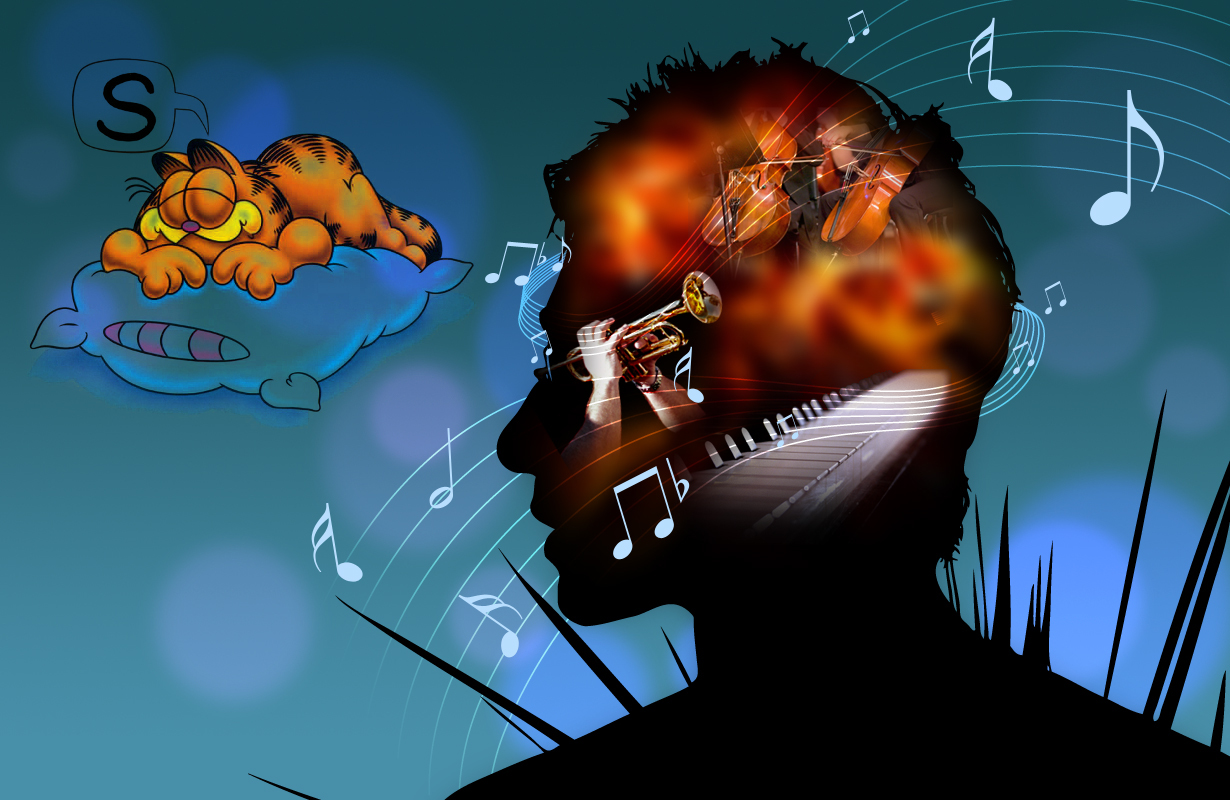Ever wondered how our left hand fingers work so well? What is actually happening? In this blog, I discuss some germane research, although as usual I caution anyone about extrapolating too much from any one study.
What is involved in string players’ finger motions is actually affected by several processes acting at once, in concert, or from memory. Actually, all of it is affected by memory and the way our string-playing brains deal with our practice and musical brain development. I will discuss some of those subjects in future blogs.
In a study published in 2002, by Fischer, Hallschmid, Elsner and Braun, the authors studied how sleep affects memory “consolidation” of motor skills. [1] Their basic thesis was the development of motor skills and how their representations in the brain continue after practice ends. Sleep contributes to solidifying finger skills developed earlier in the day. This study specifically excluded musicians and measured a practiced finger-thumb sequence of prescribed rhythms before and after subjects slept. Results indicated that waking time retentions of the tasks improved performance about 2.79%, but sleep time retentions improved performance by about 33.5%. But, performance on new tasks improved about the same amount over both waking and sleep time. Overall, the study indicated that the best gains in performance were attained by practice followed by a sleep period. Further, gains in performance accuracy, not only speed, were best following sleep. All gains were best after REM sleep.
A very differently designed study by Wollner and Canal-Bruland, published in 2010, measured trained string players (“motor experts”), non-string musicians (“visual experts”), and non-musicians reacting to purely visual cues from a recorded string quartet performance. [2] All watched a recording without audio of only the first violinist in the quartet indicating his entries to other members of the quartet. Participants in three groups watched five versions: one of the entire video, the second with the first part removed, the third with more beginning removed, and progressively more removed from videos four and five. During the videos, participants had to press a key when they first perceived the first violinist’s musical entrances.
String players responded overwhelmingly faster than either of the other groups. This result indicates that musical motor task perception is influenced by string players’ training and experience. Put simply, the string players’ motor skills affected how they perceived the video, rather than their visual perception of the video alone. String players’ brain coding of the violinistic tasks involved in the video caused them to react not only more quickly to the visual cues of the violinists, but differently if he was entering at forte or piano dynamic levels. The string players group also varied the least of the three groups at the speed and type of responses given, presumably because they economize movement coding as their playing improves, meaning they do not need as much brain activity as lesser players or non-musicians to respond.
Underlying this last result is the presence of fascinating “mirror neurons,” explored further in the next blog.
What can we use from all this? Well, it could be that if we string players practice or play accurately closer to our bedtimes, our playing may improve relatively more quickly than if we, say, practice in the morning and then do not play again until after we sleep. Food for thought!
Share your thoughts below! I’m interested to hear your ideas and experiences.
[1] Fischer, S., Hallschmid, M, Elsner, A. L. & Born, J. (2002). Sleep forms memory for finger skills. Proceedings of the National Academy of Sciences 99(18), 11987-11991.
[2] Wollner, C. & Canal-Bruland, R. (2010). Keeping an eye on the violinist: Motor experts show superior timing consistency in a visual perception task. Psychological Research 74(6), 579-585.
















Did the Fischer, Hallschmid, Elsner, & Born study show that the elapsed time between practice and sleep affected performance, or rather, that performance was enhanced after sleep?
It seems to me there is an important difference between the two hypotheses.
Very interesting research. I am not in the music field at all but am in the motor skill field as a PE teacher and coach at the high school level and as a new parent. I’m looking forward to learning more about this and how I can use it to hep my child and my students. With my students it could be difficult as they seem to live off of very little sleep and trying to persuade them to get more sleep immediately brings on the reaction “but I need to stay up that late in order to get my homework done.” Maybe if I can reference this post and the the research along with other references it will help and then maybe they will be open to changing their sleep habits. Thank you!
Mike,
You bring a good perspective to this conversation. The idea of “staying up late to get the homework done” is certainly practiced by many students at all ages. Unfortunately, this may be doing more to harm their study habits. The process of memory consolidation that occurs during sleep is crucial for students to be able to function at a higher cognitive level. Moreover, research shows that we can rack up of “sleep debt” that cannot be “undone” by sleeping extra amounts later.
The next article on this subject will focus more on the detriments of sleep deprivation. Perhaps you can print that one out for your students!
Best,
Colin